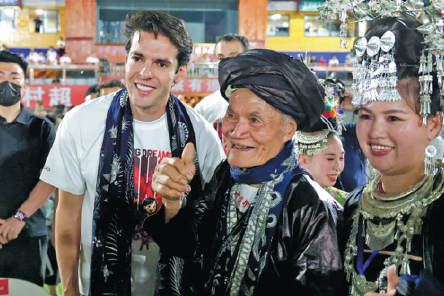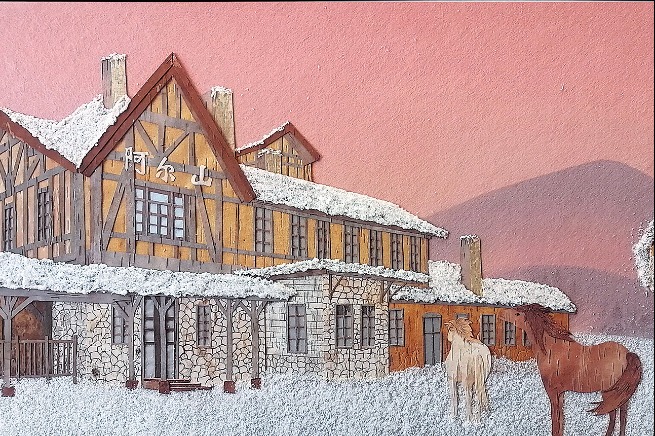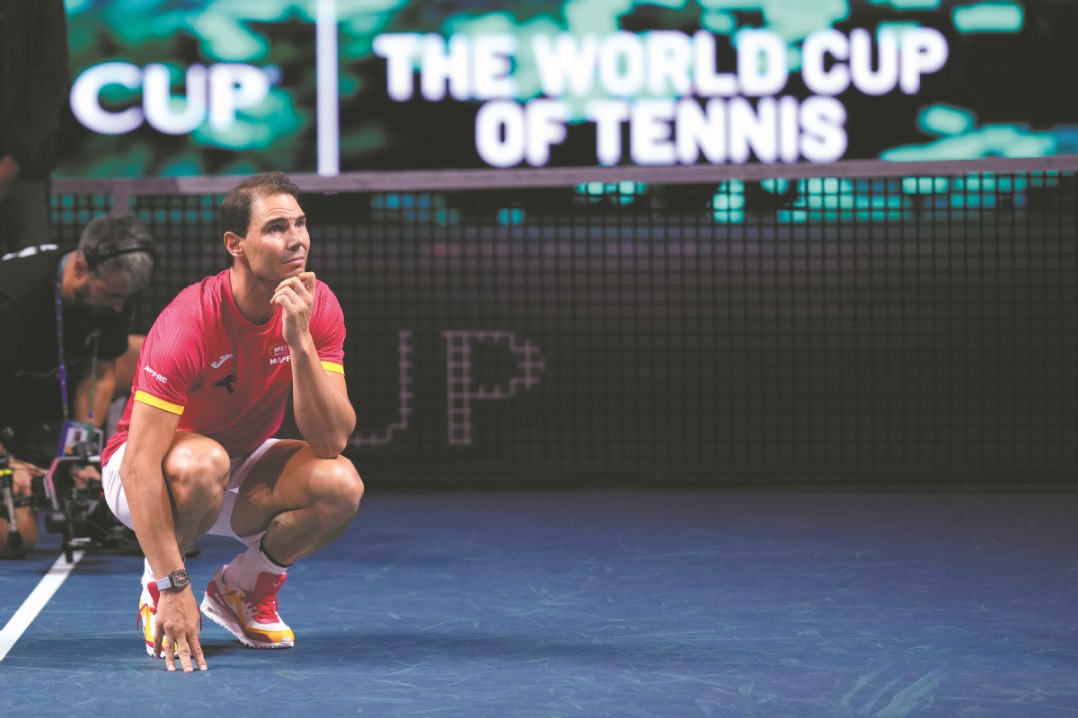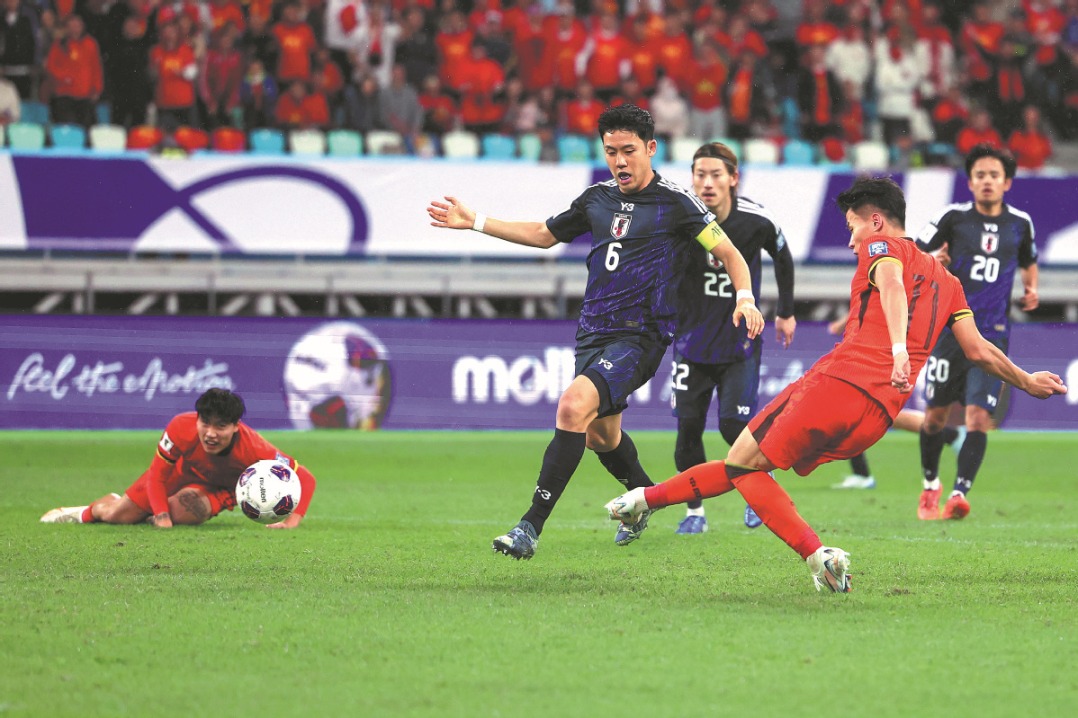Games legacy built to last


Organizers vow venues and facilities will continue to benefit local residents
After the Chengdu FISU World University Games end, its venues will be used for sports and public fitness, according to Cao Xuefeng, deputy director of the office of the executive committee of the Chengdu games.
The venues are the most obvious sports legacy left to Chengdu, capital of Sichuan province, following the games. The city had 49 designated venues for the events, 13 of which were newly built, while the rest were renovated.
Most of the renovated venues are located on the campuses of higher learning institutions and will be used for the development of collegiate-level sports, Cao said.
While preparing for the games, Chengdu promoted the opening of the venues to the public and holding sports events in them.
In 2022 alone, venues were opened to the public for free or at low cost for nearly 80,000 hours, serving more than 5.09 million people, and more than 730 sporting events were held in them, Cao said.
These venues will continue to be used for sports and fitness, he added.
In the short term, Chengdu will focus on opening venues to benefit its residents and to meet their growing needs for sports and fitness to improve their health.
In the medium and long term, the Sichuan capital will explore ways to market the venues and strive to ensure sustainable, comprehensive utilization of the larger ones as it looks to build itself into a sporting events hub and promote fitness among the public, Cao said.
The athletes' village will also survive. During the games, it provided accommodation, catering, medical treatment, consultation, conference, leisure and business services for delegations from more than 110 countries and regions.
After the games end, all of the village's facilities will be transferred to the control of Chengdu University, where the village is located.
Gong Jia, a volunteer from the university, said she is proud that the village is located on her university campus.
The village consists of 380,000 square meters of new buildings and 180,000 sq m of renovated roads, landscapes and pipelines, all of which will be transformed into teaching and living spaces for faculty and students at the university, she said.
Its construction greatly improved the spatial foundation of Chengdu University, said Su Bo, executive deputy head of the village and a lead official at the university.
The Chengdu games, which started on July 28 and end on Aug 8, was postponed twice due to the COVID-19 pandemic.
Chengdu is the third Chinese mainland city to host the biennial Summer University Games, following Beijing in 2001 and Shenzhen, Guangdong province, in 2011.
Most Popular
- China's Yuan fighting for PGA Tour survival
- Beijing all set for winter thrills
- World No 1 Wang Chuqin advances as Sun Yingsha falls at 2024 WTT Finals
- China striker Zhang Yuning to seek treatment on ankle injury in Holland
- Soccer sensation
- Bayern boosts focus on youth in China































